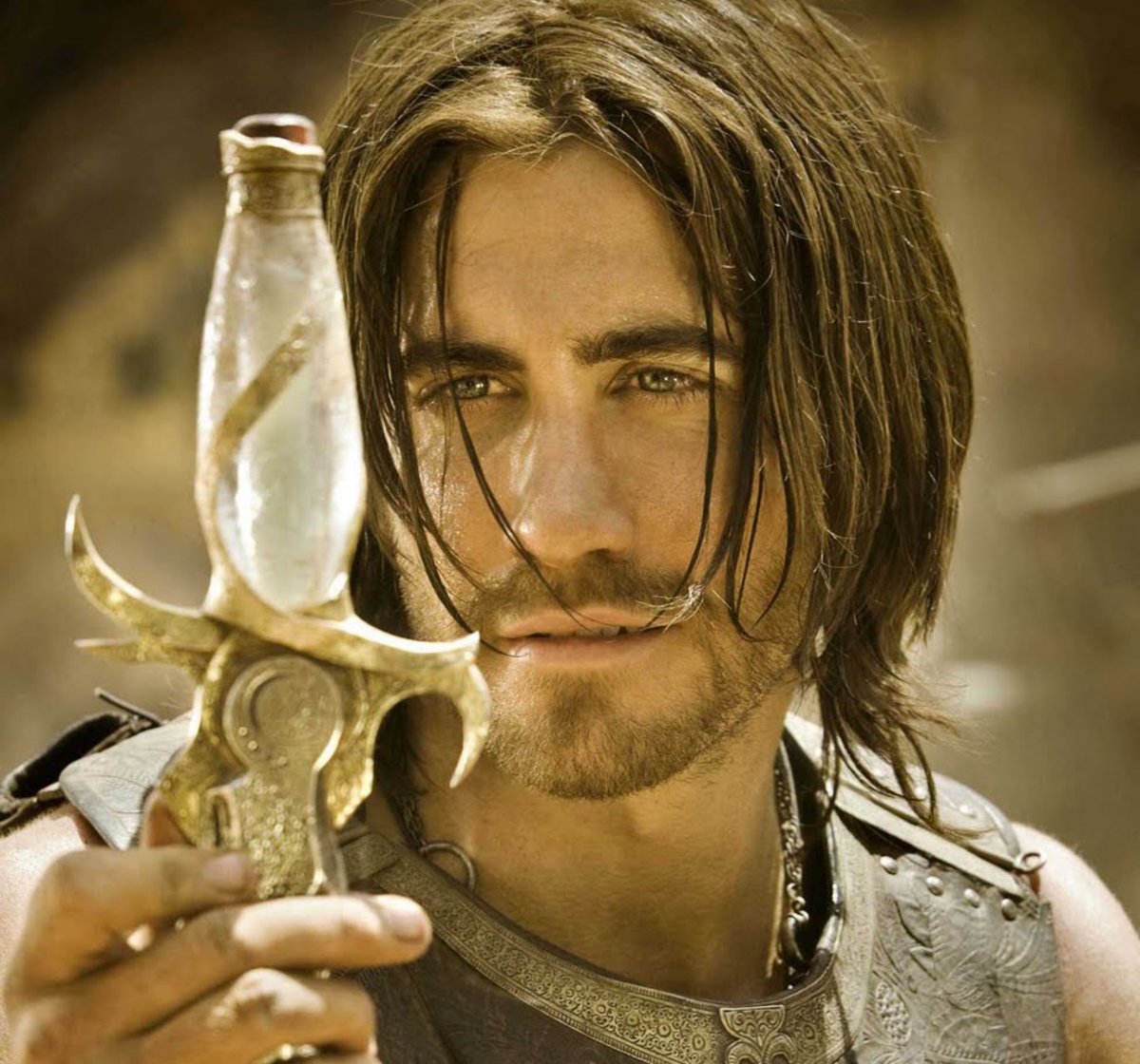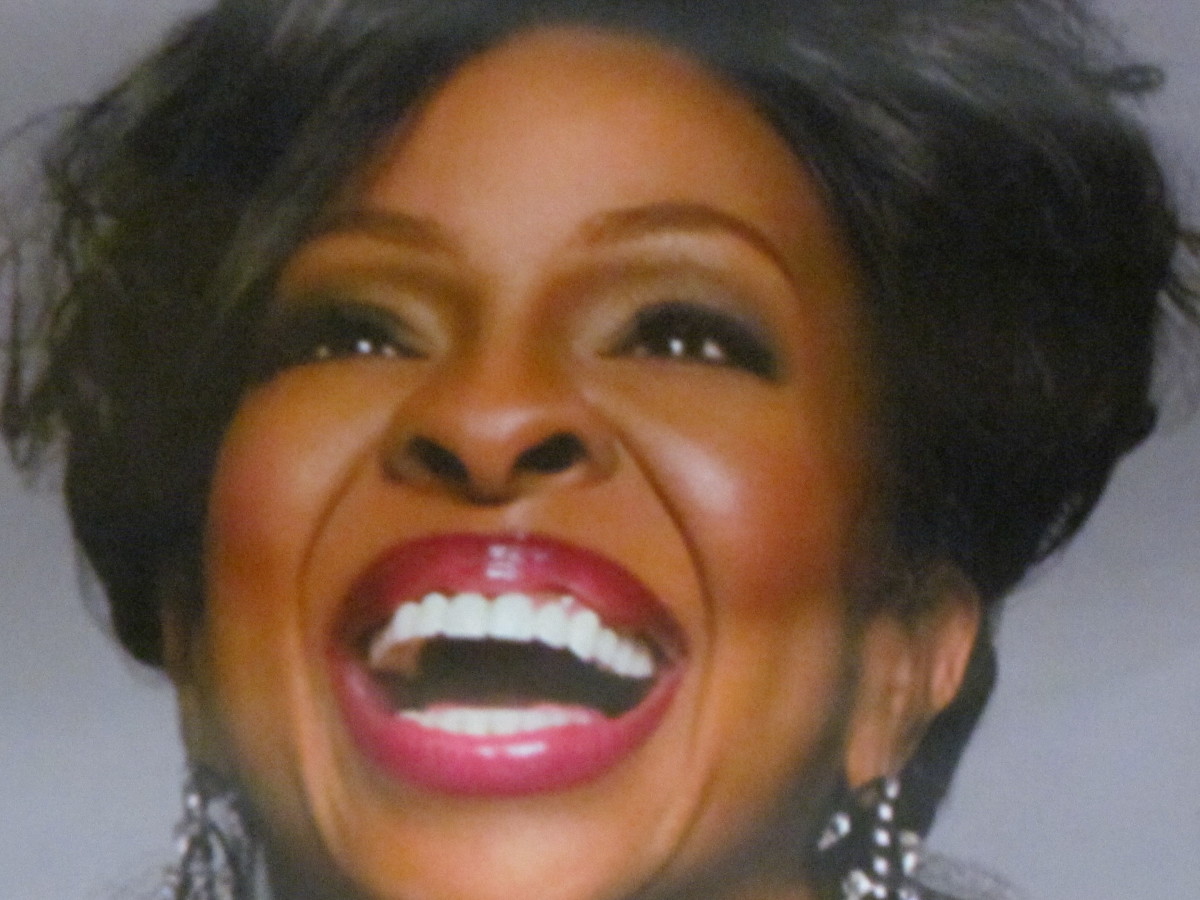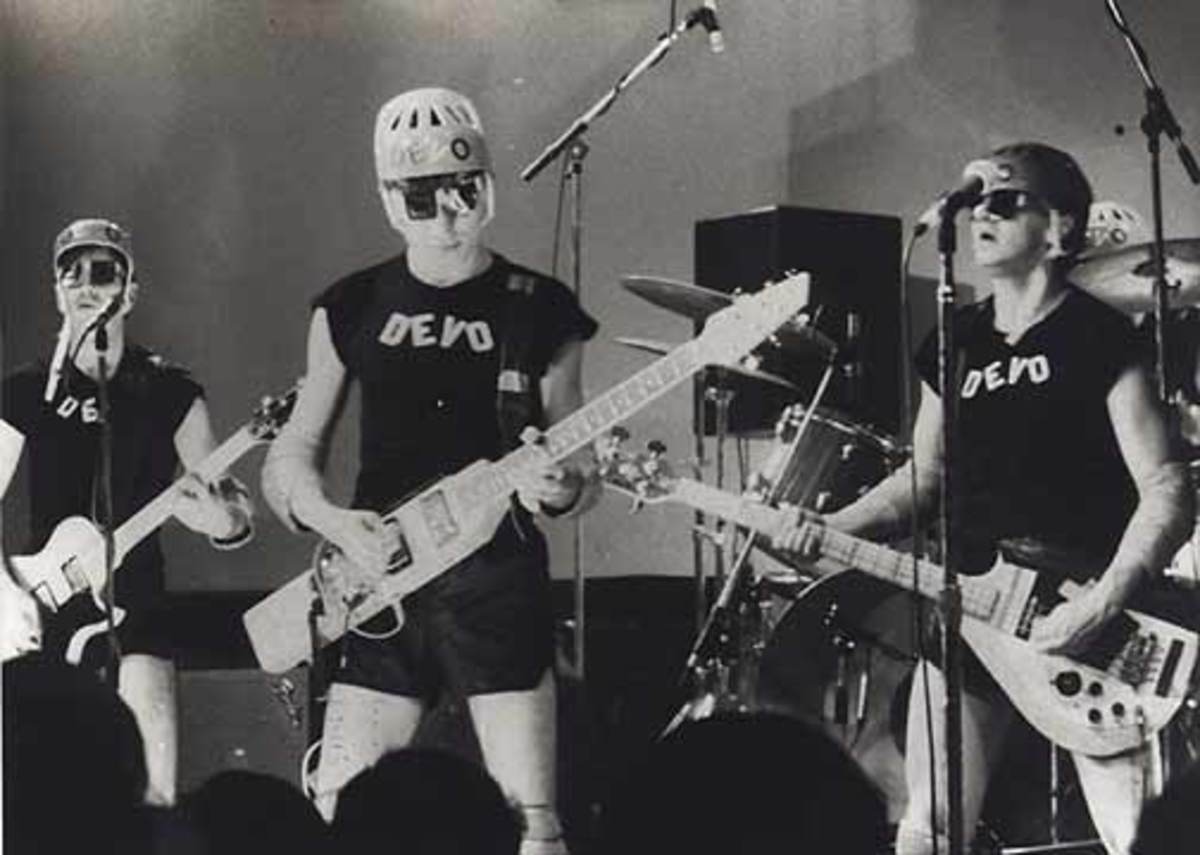In Defense of the films: Man of Steel; Suicide Squad; and Directors Michael Bay (Transformers Movies) and McG (C.A.)
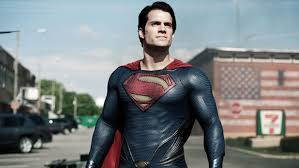
Man of Steel - One
The first thing to say is that the way we experience movies, depends a lot on what we bring to them.
To my way of thinking, a crucial moment in Man of Steel comes when Kal'el (Clark/Superman) explains that the symbol on his chest is NOT an 'S,' in the human English-speaking alphabetical sense. From the Sci-Fi series, Krypton, we know that the symbol is the family crest of the House of El.
Imagine what it would mean if Kal'el father, Jor'el had meant the symbol on the chest, on his son's uniform to be an 'S.' It would mean that "Superman's" father had sent his infant son, from the disintegrating planet of Krypton, to grow up someday to rule the Earth --- where that planet's yellow sun and much lighter gravity would make it quite possible to do so.
Mind you, I am setting aside the obvious: that if Jor'el had meant the symbol to be read as an 'S,' in the Terran, English-speaking alphabetical sense, it would point to the improbability of two planets sharing the same languages.
We have more important fish to fry.
But if Jor'el had meant the symbol to be read as an 'S,' as we know it, --- and given the fact that the Kryptonian scientist was well aware of the effects that the Earth's yellow sun and lighter gravity would have on his son, and any other native of Krypton--- then he would expect that the native inhabitants of the Earth would look at this last child of Krypton as a superior, Over-man in what we might call a perverted Nietzschean sense (I am referring to the philosophy of Friedrich Nietzsche, whose philosophy many would say has been distorted, not least by the public relations efforts of his sister)--- a Super-ior Man deserving to rule the Earth because he has the ability to do so.
I know that's convoluted, but stay with me.
If Jor'el had meant the symbol to be read as an 'S,' in the human English-speaking alphabetical sense, then he, himself, would have broken from what we know to be the values of the House of El (we know this to be a clan in revolt against a tyranny on planet Krypton).
If he had meant the symbol to be read as an 'S,' then he, himself, would have broken from the positive revolutionary values of his own clan. He would have meant his son to go from an oppressed and/or marginalized clan in revolt against tyranny to the position of a super-powered tyrant.
Man of Steel - Two
The Point: The moral test for Kal'el is this: Can he stay true to the positive revolutionary values of the House of El, when circumstances (like say, the Earth's yellow sun and lighter gravity) would make it extremely convenient for him to abandon them?
Obviously, this is a test he passes with flying colors, in the Man of Steel film, when he declares that Krypton had "... had its chance," and so forth, and breaks General Zod's neck, which, therefore, rendered the making of Batman V. Superman: Dawn of Justice not only unnecessary, but less than superfluous and illogical.
But never mind, let's back up a little.
The first thing to say: When I speak of the moral test faced by Kal'el, it is important to remember that there are many real-life examples from history of segments of oppressed/marginalized groups, in one country, going to another and, somehow, managing to join that country's ruling elite, and join it in oppressing other downtrodden groups.
Does that make sense?
Specifics need not detain us here. If you have ever gone to high school, you may have seen this dynamic play out. Suppose there are a group of friends known as social outsiders of one sort or another, at school. Suppose that, by the next year, one or two of them, somehow, get into the cool crowd, at or near the top of the school's social pyramid.
How these new inductees into high social status can sometimes viciously turn on their former comrades, simply because a new set of circumstances allows them to do so!
Now, the character of Superman/Clark/Kal'el always declared himself to be in defense of "... truth, justice, and the American Way." If we think about what we know about the positive revolutionary tradition of the House of El (Krypton series), with what we at least think we know about the role of the American Revolution (1776-1783) in the founding of the United States, then this opens the door to something very interesting.
Again, the House of El, on Krypton, was in revolt against a specific tyrannical threat. The authors of the American revolution, according to some readings of history, were in revolt against a specific tyrannical threat. The infant Kal'el was sent to Earth in a tiny, single-passenger rocket, crash-landed in Kansas, to be raised as the only son of the Kents.
Question
What specific tyrannical threat faced Kansas at the time?
What specific tyrannical threat faced the United States at the time?
What specific tyrannical threat faced the Earth at the time?
None, that's what!
So, does it not make sense, under these circumstances, in the Man of Steel, that this last son of Krypton, this last member of the revolutionary House of El, should spend some time in doubt as to what exactly he should be doing with himself --- his now super-powered self?
What I mean to convey here (and what I believe that the Man of Steel film rightly means to convey) is that: the matter is not so simple as Superman/Clark/Kal'el "using his powers for good."
Kal'el needs to resist the temptation to become an oppressor. This, of course, is a temptation that General Zod and his crew do not resist.
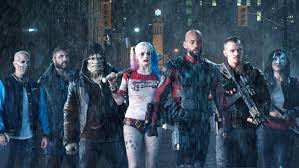
Suicide Squad - One
Let us turn from Man of Steel to Suicide Squad.
The thread we've been pursuing in the previous discussion leads us right into the premise of Suicide Squad. That premise is this: What if Superman had flown over, ripped off the top of the White House, swooped in, grabbed the President, and flew away with him or her? What would we be able to do about it?
We are lucky that Superman did not do that, because "he shared our values," as Viola Davis's character put it. But the "next Superman" might not (General Zod, in fact, did not), so we have to be prepared.
In the event of such threats, we need to be prepared to fight back with a super-powered team of some "of the most dangerous people on the planet." Such a team would largely be composed of the Earth's most hardened criminals, because such people would be the most susceptible to what Davis called "leverage" in the last scene of the film with Bruce Wayne/Batman.
What's interesting about that scene is that we are asked to believe that Davis's character is the realist-cynic figure, who believes in leverage, as opposed to Bruce Wayne/Batman's idealist figure who believes in... cooperation and fair play, or some such.
But anyone with even a passing familiarity with the material (and I consider my familiarity at the minimal level) knows that it has been established in the cartoon tradition, at least, if not also in the comic books, that it was the Dark Knight himself, The Batman, who had developed secret plans to take down the members of the Justice League, in the event that one or all of them ever went rogue, and decided to use their powers to enslave and rule humanity instead of serving and protecting it.
The point is that Bruce Wayne/Batman also really believes in leverage.
There is one very important thing to keep in mind about the Suicide Squad: They are hardened criminals, some of the most dangerous people on the planet. However, they have neither the desire nor the power, individually or collectively, to rule the Earth and enslave humanity. They are only interested in living the good life without working for it. Villains like the Sorceress do have the desire and the power (especially along with her brother) to rule the Earth and enslave humanity.
Minor Point: If the Batman developed backup plans to deal with the Justice League, in case one or more of them went bad, it rather makes sense to use criminals, sometimes, to save the world. One does not have to worry about the Suicide Squad "going bad," as it were. They are bad. They are already bad, and as such, fundamentally untrustworthy.
In that case, weren't the "good guys" right to worry about the possibility of the Suicide Squad joining forces with the powers that were trying to take over the Earth and enslave humanity?
Well, as it turned out, the fundamental bad-ness and untrustworthiness of the Suicide Squad--particularly the treacherousness of Ms. Harley Quinn--served the liberty of the Earth and humanity quite well. The lack of "honor among thieves," and all that, was a lesson that the Sorceress learned to her doom.
I think that ending was just right!
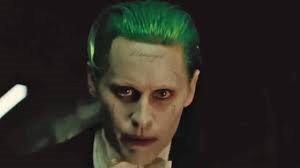
Suicide Squad - Two
I just want to say a quick word about the Joker in this film before moving on to something else.
A lot of the disapproving criticism I heard about this film, targeted the way the Joker is depicted here. However, I think there is something important such criticism does not take into account.
Now, I would argue that the way Jared Leto represented the Joker was an entirely appropriate treatment of the character for this particular film.
Why?
Because it is not about the Joker at all; it is about Harley Quinn. It is about how Harley Quinn sees the Joker; it is about what about the Joker drew Harley Quinn to him; it is about what about the Joker romantically attracted Harley Quinn to him.
This is so despite that bit Joker said about "I am not loved," and his being "... an idea," yada, yada, yada, as they say on Seinfeld. A little mock resistance and hard-to-get play are all a part of the mating dance, are they not?
This relationship was being brought to the big screen for the first time. If you are a part of the brain trust running the studio, I would think that you would want to draw as many women as possible into the theaters. It seems to me that one way to do that would be to give a depiction of the Joker that is attractive to heterosexual women.
You want a fit, chiseled young man with good bone structure, who looks good in a business suit (recall Harley Quinn's "normal life" fantasy flash). You want a stylish Joker, whom many, if not most heterosexual women in the theater viewing audience might look at and say to themselves something like: You know, if it wasn't for the fact that he's a homicidal maniac, I could go for him.
Moving on...

The Charlie's Angels Movies
Let's talk a little about the two Charlie's Angels movies starring Drew Barrymore, Cameron Diaz, and Lucy Liu. Those three actresses, by the way, were EXACTLY the right cast for those roles, in my opinion. I'll talk about that a little later in this brief discussion.
There are two terms I am going to use: Dangerous Whores and Danger Whores.
The first thing to say is that, in my view, the director, McG, treated the material in exactly the right way. What we are looking at with the Charlie's Angels movies is a parody of a parody of a parody.
That's "parody" 3x.
I trace the line of descent of this material all the way back to the premier superpimp of blackploitation cinema of the 1970s.
Dolomite was a character created by the actor/comedian Rudy Ray Moore for the 1975 film of the same title. Dolomite was a "good guy" criminal, tough guy with "a heart of gold," and all that. Dolomite, the pimp, ran a stable of Kung Fu-fighting prostitutes ("Dangerous Whores").
This motif was altered slightly when it came to the seventies television series, Charlie's Angels. I would argue that the disembodied voice of "Charlie" and his right hand man, Bosley, were pimps, of a sort. The three "angels," working for this private investigation agency were prostitutes, however they did not offer sex to on-screen clients.
They sex they offered was the titillation to us, the male heterosexual viewing audience in our living rooms and dens. They went about the hazardous work of confronting dastardly criminals and solving crimes, while looking sexy doing it, with their long, flowing hair and exquisite figures. Thus, they are rightly called ("Danger Whores").
Baywatch, of course, perfected this formula. Remington Steele flipped the script by making Pierce Brosnan the symbolic danger whore, meant to titillate the female heterosexual viewing audience.
To sum up then:
Dolomite and his Kung Fu-fighting prostitutes were the first parody. The television series, Charlie's Angels, with some adjustments, parodied that.
Now then, when it comes to making a film adaptation of the series, what you need to do is parody that series in the same way. As I said before, Drew Barrymore, Cameron Diaz, and Lucy Liu were the perfect actresses for these roles.
Why?
Mainly because each of these three actresses has cultivated an on-screen flirtatious persona, which makes them perfect for recreating the flirtation vibe with "Charlie" and "Bosley" that the "Angels" of the seventies did.
Let me just close by saying that, in my opinion, the fight scenes were handled exactly right for a Charlie's Angels parody of a parody of a parody. What you do not want is anything within a thousand miles of "Jason Bourne"/"Jack Reacher"-type realism.
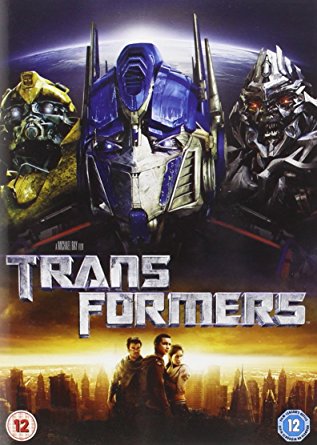
Michael Bay and the Transformers Movies
A lot of people have had and continue to have a good time, on the Internet, ripping apart director Michael Bay for the Transformers movies. There is no need to regurgitate the vile spewed upon this man, as both a man and a creative artist.
But I ask you to consider -- TO CONSIDER -- the following: Could it be that the source material itself is simply impossible to work with in a serious, artistically credible way?
What are we talking about here?
We are talking about giant, alien, sentient vehicle-transformable robots, who, in their bipedal standing form, are at least --- AT LEAST --- the size of two-story houses.
Recall that the Autobot "Bumble Bee," is one of the smaller of the alien, sentient vehicle-transformable robots; and I know that there is a scene in one of the movies in which he does some acrobatic maneuver in which he catches some falling humans in the palms of his hands.
Humans, at best, fit into the palms of the hands of these giant, alien, sentient, vehicle-transformable robots. So, in terms of size, humans are to these cybernetic beings, what gerbils and other rodents are to us humans.
Also, the fact is that these giant, alien, sentient, vehicle-transformable robots are, or certainly should be, exponentially smarter than we humans. Their computer brains do, or, again, certainly should have, perhaps, millions of times the information-processing power of our brains... yada, yada, yada...
In the same way, we, humans, are, I would hope, exponentially smarter than gerbils and other rodents.
So, gerbils and other rodents would be little use to us in our wars with other humans. In the same way, once again, we humans could not be of any practical use to either set of giant, alien, sentient, vehicle-transformable robots against the other set of giant, alien, sentient vehicle-transformable robots.
Let me just close with this...
Did Michael Bay invent the Transformers toys?
Not that I know of, so I'm going to say no!
Did Michael Bay create the cartoon series based on these toys?
No.
Was Michael Bay one of the allegedly functional adults who sat around a corporate boardroom table, who said: ("Yeah! Yeah! We need to make live-action movies out of this stuff!")?
No.
For me, the Transformers are like the Fantastic Four, in that the inherent silliness of the source material inherently defeats any effort to make a good live-action film adaptation.
Thank you for reading!


